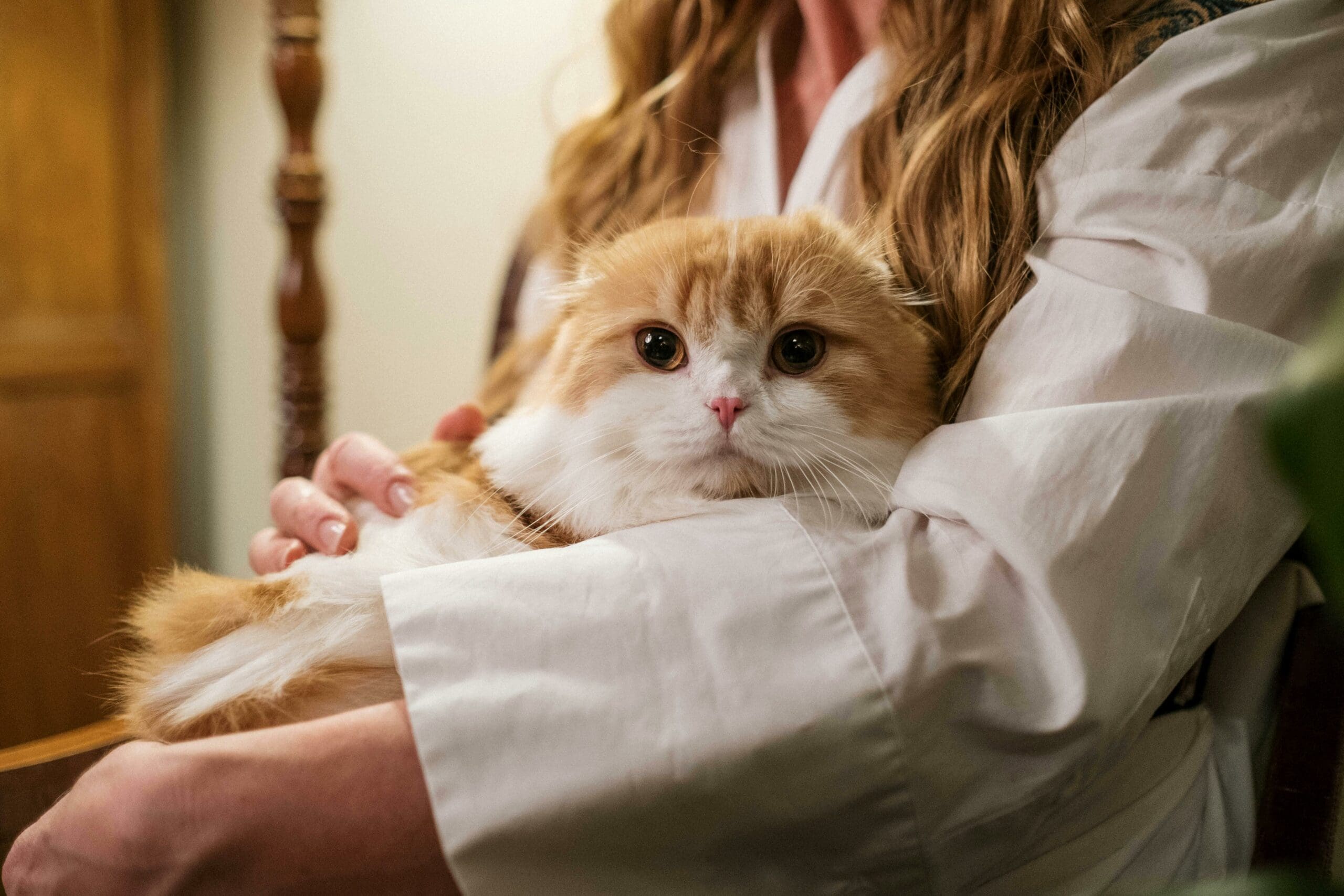There are currently no provisions in the Family Law Act 1975 (Cth) that specifically deal with pets.
Pets are treated as property in family law settlements, meaning that one party will have ownership of the animal and generally any sort of visitation or custody will not be ordered by the Courts. In fact, the term custody is no longer used by Australian Courts in relation to children, let alone pets.

Legal Framework and Options for Pet Custody
As pets are normally considered property by the Court, there is no standard legal framework for custody arrangements.
It is possible for former spouses to make private agreements either formally or informally.
Pets can be included in pre-nuptial agreements or binding financial agreements which can stipulate who will keep the pet in the event of separation.
Ownership of the pet could also be included in Consent Orders which the parties would need to agree to after separation.
Selecting the Best Custody Arrangement for Pets
Parties to a property dispute are encouraged to come to an agreement before going to Court.
When trying to come to any agreement, it is important to consider what arrangement will be suitable for the animal.
It is also important to remember that any agreements for both parties to share “custody” of the pet will mean that the parties will have to stay in contact for an indeterminant period of time. (In most cases this is not an ideal scenario due to the emotionally challenging nature of an agreement like this. Issues commonly arise when one of the parties decides to re-partner.)
When pet ownership is disputed in Court and the parties cannot agree, the Court may consider the following factors:
- Who the pet is registered to.
- Whether any binding financial agreements deal with pet ownership.
- Who purchased the pet and paid for expenses associated with the pet.
- Who has suitable accommodation for the pet.
- The extent of both parties’ relationship with the pet; and
- The relationship any children have with the pet.
It is likely the Court will treat a pet as an asset and award it to a party on the basis that whoever purchased it and paid for its upkeep retains the pet.

Case Law
In the case of Davenport v Davenport (No 2) [2020] FCCA 2766, the husband, Mr Davenport, made an application for shared custody of the pet dog.
The wife, Mrs Davenport, argued that the Court did not have jurisdiction to make orders of that nature. It was held that the Court had no jurisdiction to make orders for “shared custody” of the dog because under the Family Law Act, pets are considered to be property.
It was also noted that even if the Court did have jurisdiction to make orders, it would not have been appropriate to drag out the relationship between the parties for ongoing contact with the dog given there was extreme conflict between the parties. The application was dismissed.
In Downey v Beale [ 2017] FCCA 316, the parties had come to an agreement on final property orders, except with regard to the pet dog.
The parties agreed that the husband had paid for the dog. The wife asserted that the dog lived with her prior to the parties commencing cohabitation.
She also asserted that she wanted to purchase the dog and had arranged to go and see the dog, with the intention she would purchase the dog and it would live with her at her parents’ house.
The wife claims the husband then offered to pay for the dog as an early birthday present to the wife. The wife asserted that she paid for all vaccinations, operations, food and other accessories for the dog as the dog was living her.
The dog was not registered to either party until 7 months after separation, at which time the husband registered the dog under his name.
The Court ordered that the dog should be retained by the wife.

FAQS on Pet Custody
Will the Court make orders for shared custody of a pet?
No, the Court does not have jurisdiction to make orders for shared custody of a pet, they can only make property orders as pets are considered property according to the Family Law Act.
Can I make a shared custody arrangement for my pet with my former spouse?
Yes, you can, although the agreement may not be legally binding and the Court will not make orders for such an arrangement.
Can I make an agreement about my pets with my spouse now in case we split up?
Yes, pets can be included in binding financial agreements or “pre-nups”.
Contact us today for expert legal advice and support or call +61 3 8692 2517.
—
Kate Scolyer – Solicitor– Matthies Lawyers
Disclaimer: This article contains general information only and is not intended to be a substitute for obtaining legal advice.
